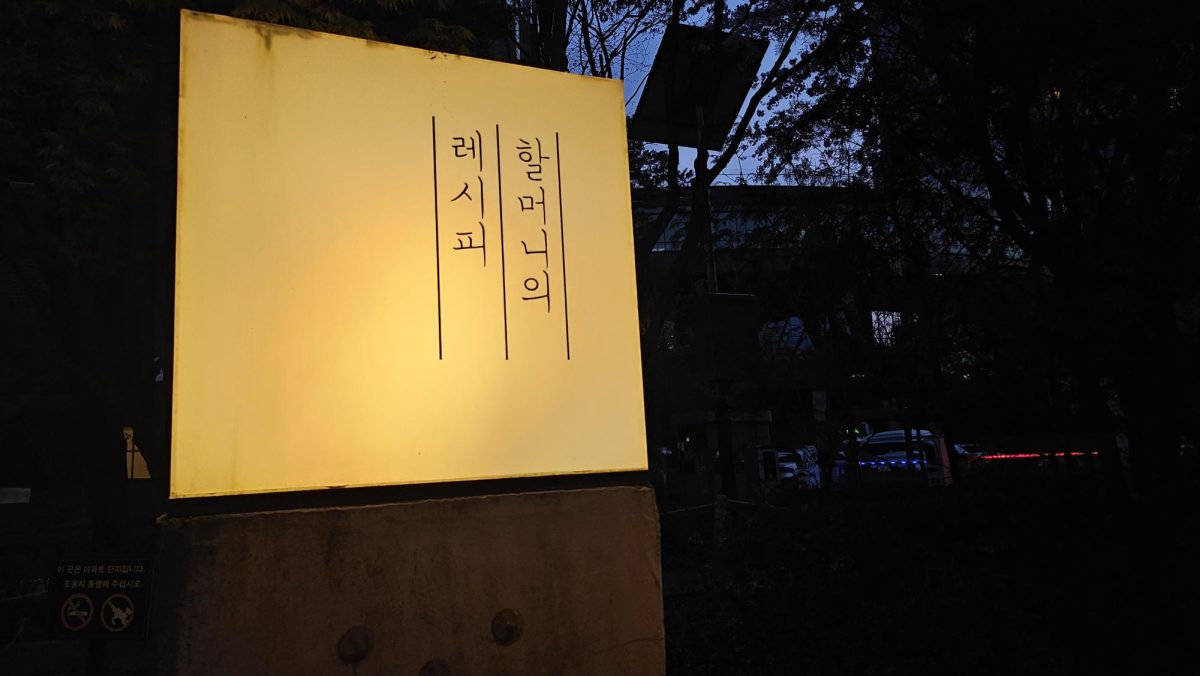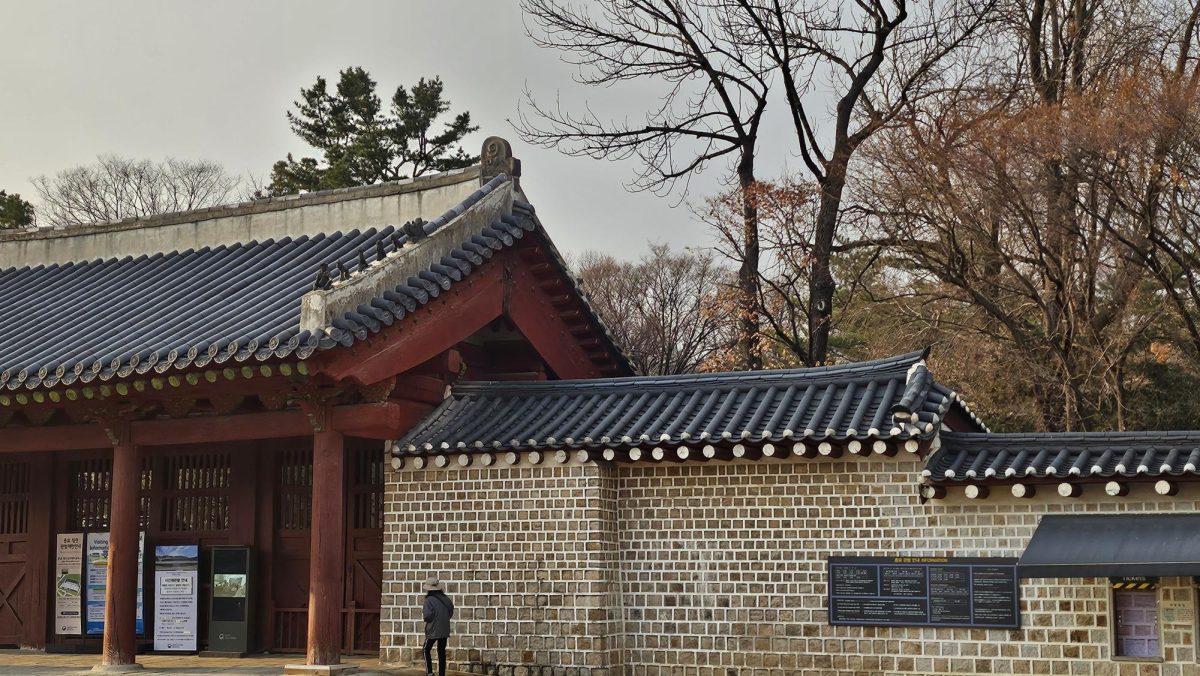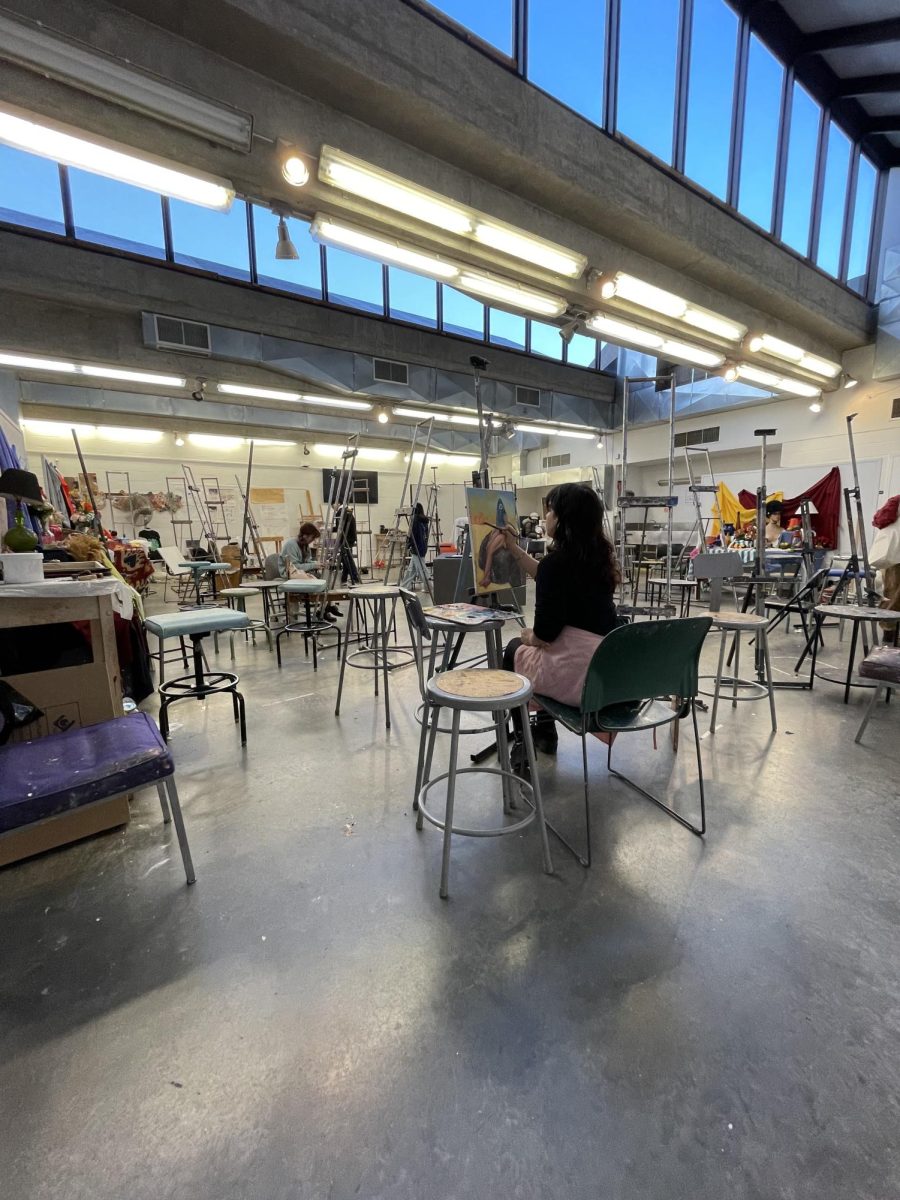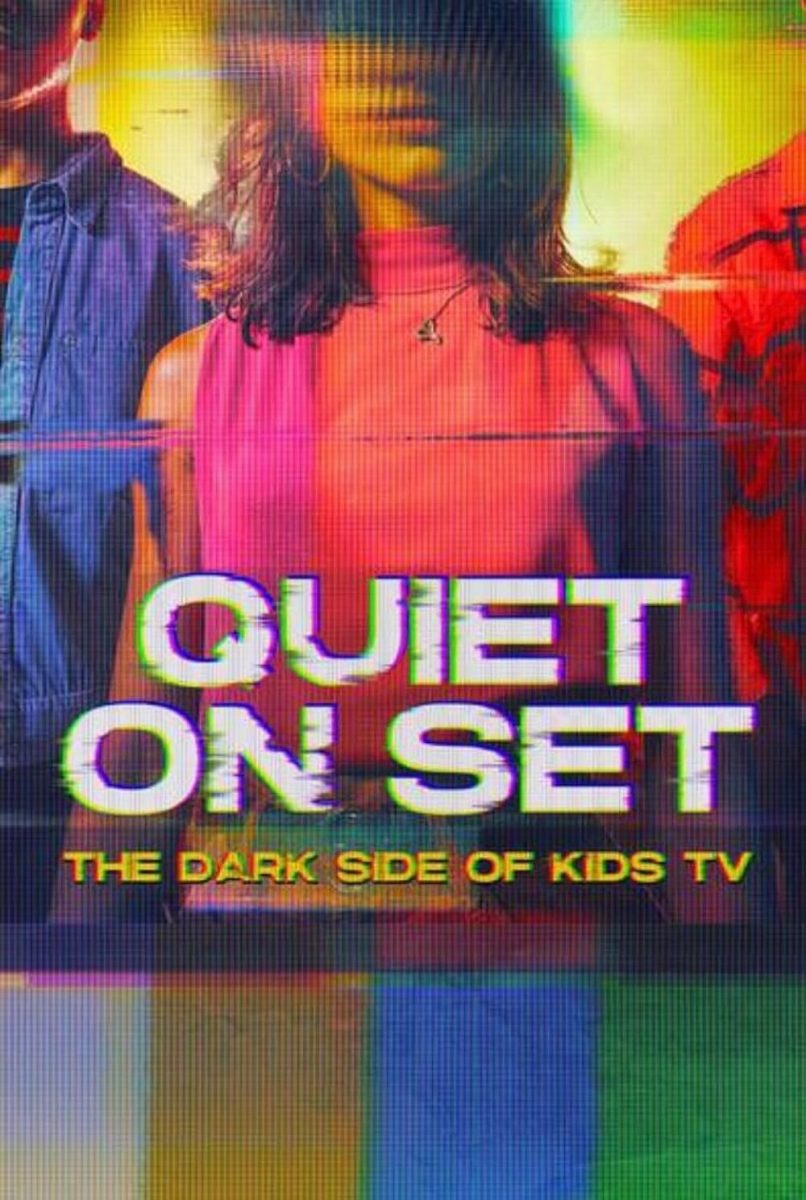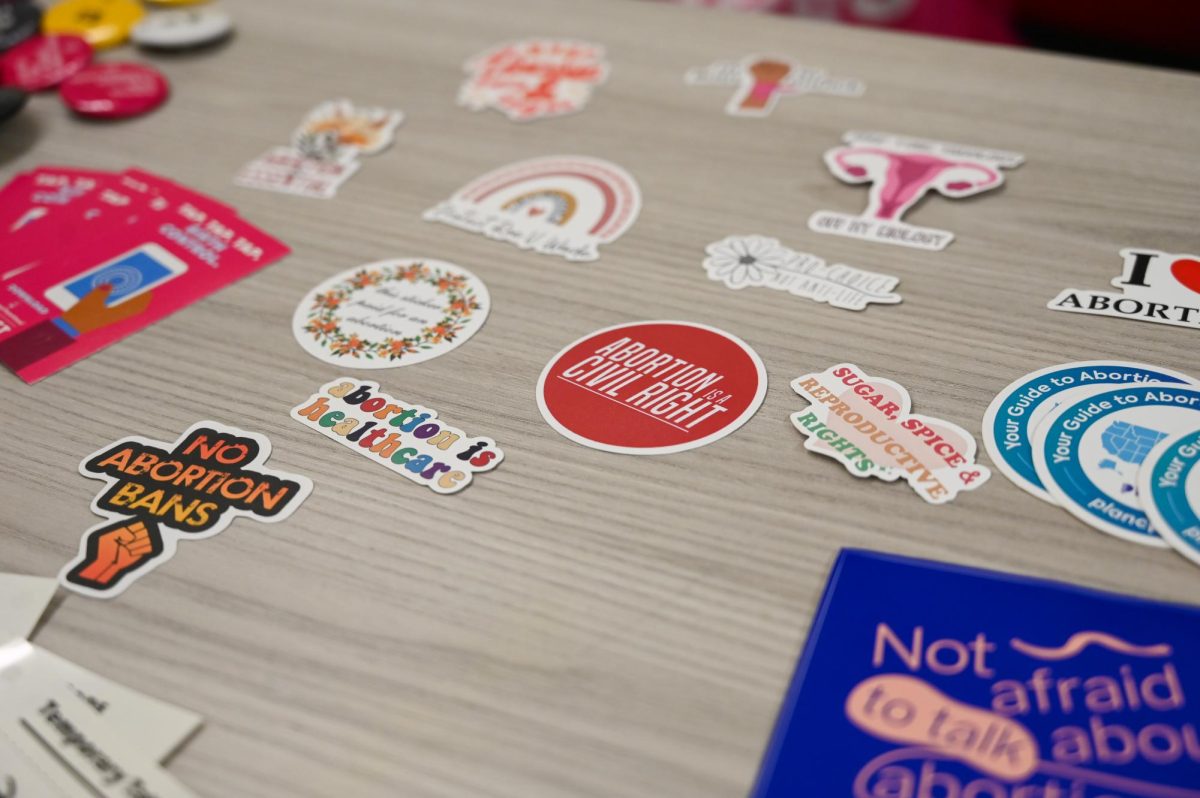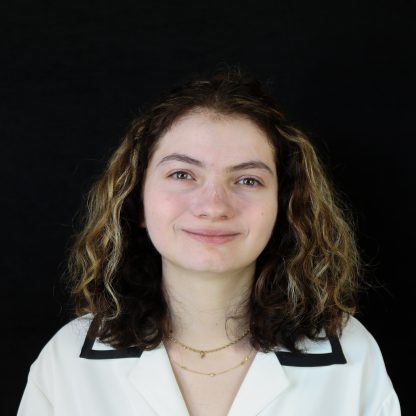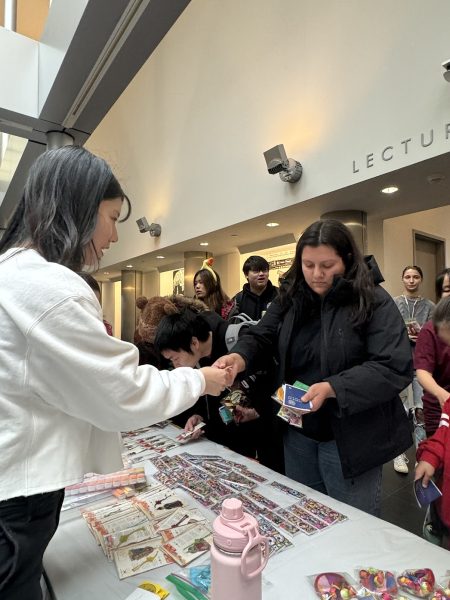
The Center for Korean Studies hosted Korean Culture Day at the Charles B. Wang Center on Nov. 10 from 11 a.m. to 2 p.m.
The festival was aimed at Stony Brook University students taking Korean language courses to help develop their conversational skills while learning about the culture as they watched performances and participated in a marketplace. Even though the event was created with Korean language students in mind, all students were encouraged to attend.
A three-act performance and demonstration launched the festivities. Korean musican Han Hee Jung kicked off the show with her Haegeum — a traditional Korean string instrument — concert as she wove a melodic spell over the audience, instantly transporting them to Korea.
Following Han’s brief yet energetic 40-minute performance, Stony Brook student John Choi took the stage with a captivating guitar performance. Lastly, the Stony Brook Taekwondo Club showcased techniques and skills in an invigorating demonstration.
As the performances concluded, attendees were in for a treat beyond the stage when the event transformed into a bustling marketplace. Participants were handed fake South Korean currency, called won, along with faux Korean passports for a unique adventure. Using the “money,” they could buy various items such as Korean street food like Kimbap and Tteokbokki, as well as cute stationary and well-crafted souvenir goods from the stations dotted around the center’s theater lobby.
Most attendees — regardless of their Korean-speaking abilities — were encouraged to use their skills to communicate with the vendors in any capacity. The event wasn’t just about watching, but more so about immersing oneself in the experience.
The experience didn’t end with shopping.
Participants could try on hanboks, slipping into the traditional Korean garment to increase their knowledge and appreciation for the culture. A hanbok is an intricately-designed piece of traditional Korean clothing. In the contemporary era, it is regarded as a ceremonial dress reserved for holiday celebrations and events, such as first birthdays, weddings and funerals.
At the festival, people could play traditional games like Gonggi and Ddakji. Gonggi is a popular children’s game that is usually played with five colorful plastic stones and has a tiered gameplay style. In level one, a player must throw up one stone in the air and while airborne, must pick up a stone on the table and catch the other stone. These steps are repeated until all the stones have been caught; it progressively becomes more difficult. Players would throw the stones in the air and catch them with their palm faced down.
Ddakji tends to be a bit more simple. Each player has two origami squares, each side a different color. One square must be placed on the floor and the other square acts as a tool to flip the floor placed tile to the other side.
To conclude the event, five students studying Korean society and culture presented their research on Korea’s changing linguistic landscape. One topic outlined how the rise of the Korean Wave contributed to the globalization of the Korean language, whereas another topic discussed the differences between English loanwords in Korean and “Konglish.”
With the incorporation of games, a project presentation and Hanbok try-ons, the marketplace wasn’t simply a place to buy, but rather a vibrant celebration of Korean traditions where each station was a portal to a different aspect of this rich and diverse culture.











